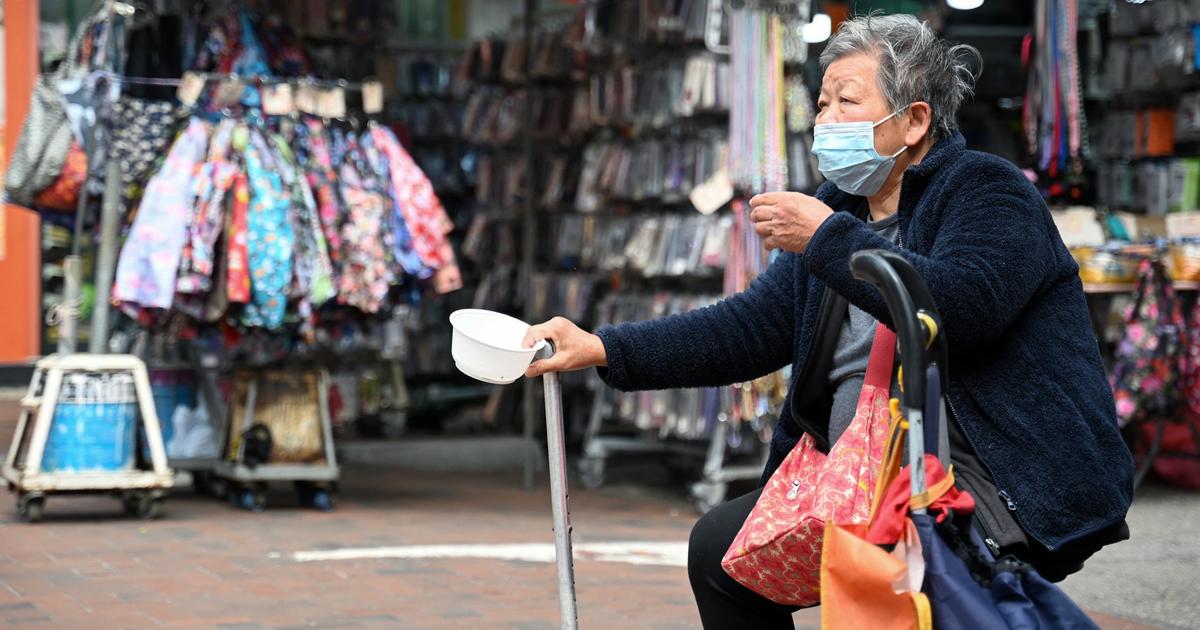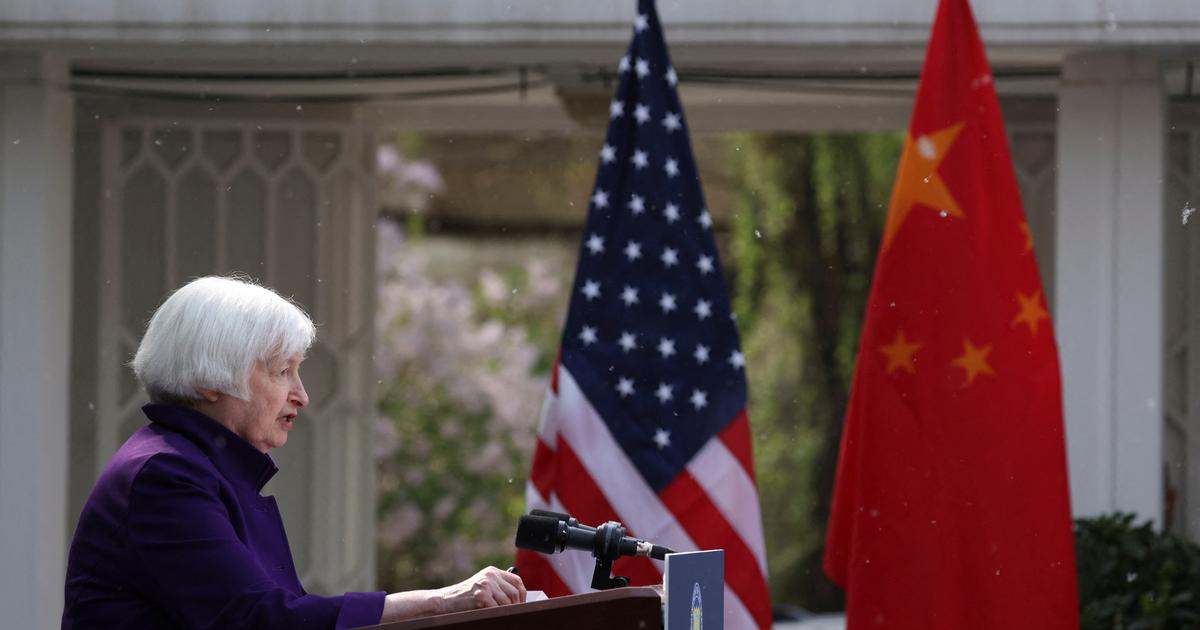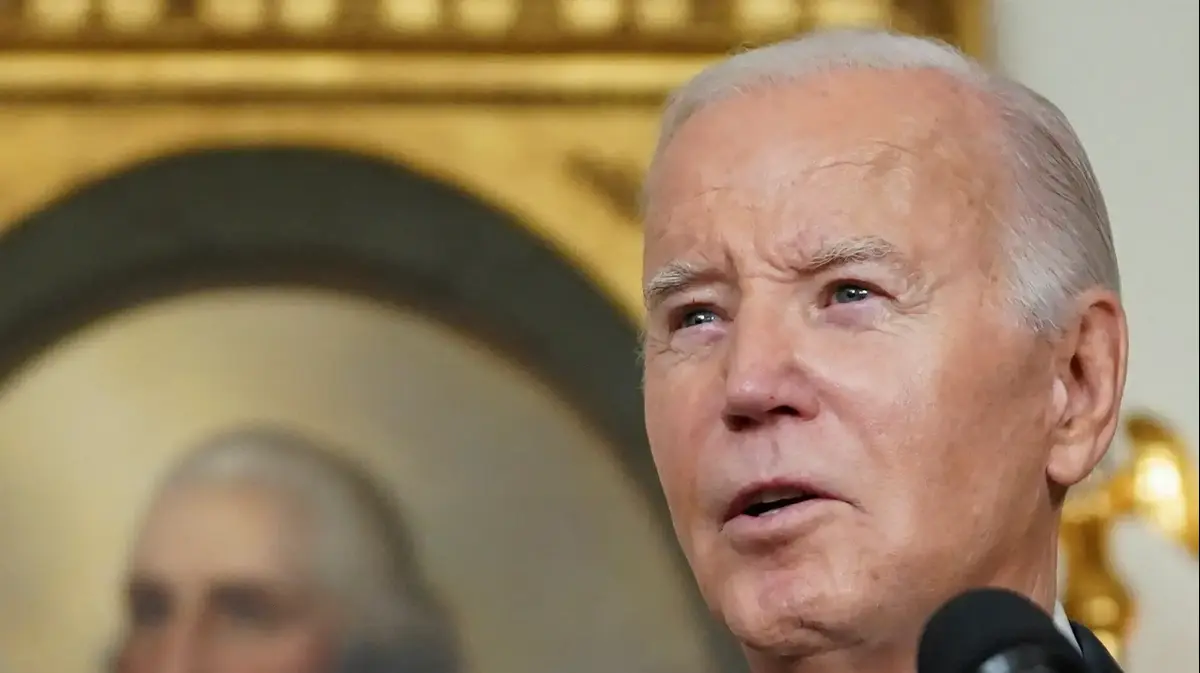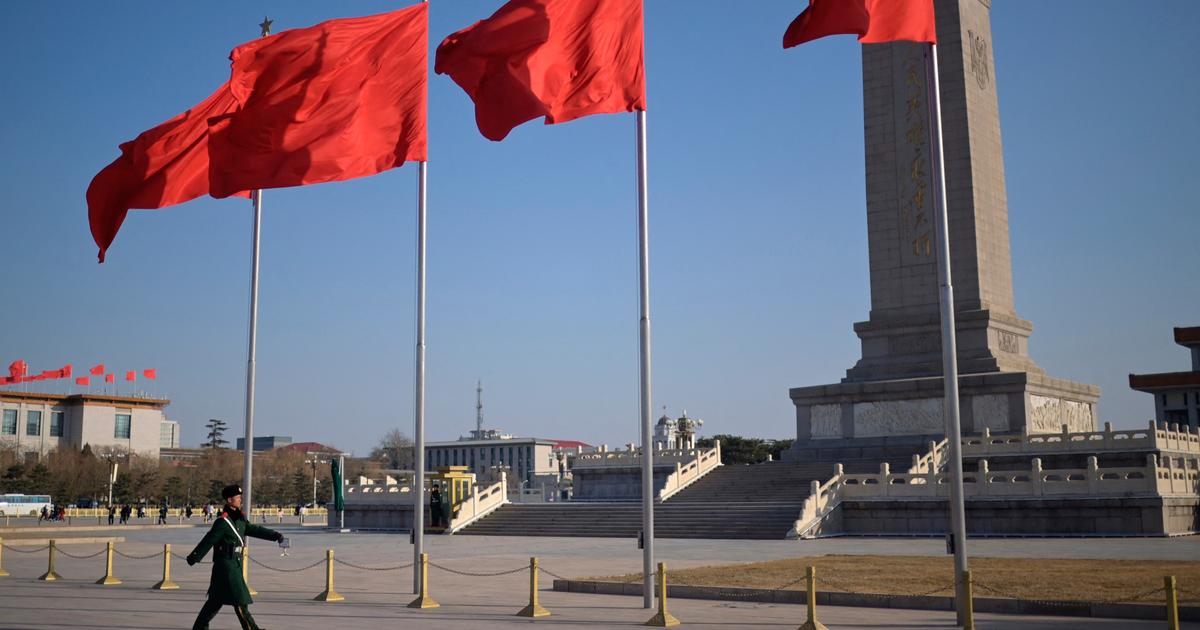Technological self-sufficiency is probably the most pressing challenge facing China amid the current “period of turbulence”, as it is often described in high places.
Faced with the growing rivalry with the United States, which has multiplied sanctions against technology manufacturers from the Asian giant in recent months, the Communist Party plans to strengthen its control over key sectors such as technology through a major renovation of state institutions.
The reform of the Council of State (the Executive) approved last week by the National People's Assembly (the Chinese Legislature, which concludes its parliamentary session on Monday) implies, among other measures, the reorganization of the Ministry of Science and Technology,
the creation of a new financial regulatory body and the establishment of a digital data supervision department.
These initiatives raise the supervision of the party in areas until now more dependent on the Government.
The changes dovetail with President Xi Jinping's efforts to strengthen China in the face of what he sees as a rapidly changing world and as it also grapples with a domestic economic slowdown, after three years of fiercely fighting the covid-19 pandemic.
"The international environment for China's development has changed rapidly and the number of unpredictable factors has increased," Xi warned during the Two Sessions, the country's most important annual political event, which was held last week in the capital.
The Chinese president, who has just been ratified for a third legislature without precedents since Mao Zedong's time, emphasized that China "cannot depend on international markets" and,
Chinese President Xi Jinping about to begin the closing speech of the National People's Congress in Beijing on Monday.Andy Wong (AP)
The message sent to the businessmen was clear: the Communist Party demands the "fighting spirit" in the face of this critical situation.
Xi called on them to follow "proper guidance" for "healthy and high-quality" development, stressing that the Communist Party Central Committee will always resolutely develop the public sector, but will also "encourage, support and guide" the development of the private sector. .
"Private companies belong to our family," Xi said, according to the state news agency Xinhua.
According to the
People's Daily
, Xi also hinted that local firms should limit their exposure to the United States and other markets: "We must prevent [our companies from becoming] isolated troops in enemy territory, which are ultimately emptied by others."
Due to the enormous scrutiny in recent years, Chinese companies had already become leery of investing in Wall Street and other international trading floors.
It is not usual for the Chinese leader to directly call Washington's attention, a gesture that shows that bilateral relations are going through one of their worst moments in decades, in which mutual mistrust is through the roof.
The two largest powers on the planet are in the middle of a race for the manufacture of semiconductors, essential materials for the operation of smart devices, from mobile phones to autonomous vehicles, as well as for the development of military equipment.
In recent months, more than 600 Chinese chip, artificial intelligence, and aerospace and aviation companies have been blacklisted by the United States, which prohibits them from accessing American technology and components without U.S. approval. White House,
Faced with "tough international technological competition and foreign repression," "it is imperative to speed up high-level scientific and technological advancement," said Xiao Jie, Secretary General of the State Council, before presenting the institution's restructuring plan.
This is the ninth government reorganization since the opening decade of the 1980s and the third since Xi Jinping assumed the presidency in 2013. The project, according to the Xinhua agency, will allow "the Party's leadership on socialist modernization to be more solid ”.
This remodeling foresees the creation of new communist entities to inspect government agencies or, as happened in 2018, that these go directly to become Party administrations.
In the particular case of the renewal of the Ministry of Science and Technology, the creation of a Party commission stands out (probably chaired by Xi, according to analysts from the Trivium China study center) that will act as a management and planning body, with the objective of reinforcing the centralized supervision of the communist leadership.
The direct backing of the Party will give more authority to the hitherto weak scientific and technological portfolio, which will have greater capacity to mobilize the country's resources for research and innovation in these areas and their subsequent application.
Deng Yuwen, an independent expert at the China Analysis and Strategy Center, quoted by the Hong Kong newspaper
South China Morning Post
(SCMP), considers that the reform further consolidates the governance of the Party, guaranteeing that it retains all decision-making power important: "This will solve the frictions between the Central Committee of the party and the Council of State [that we have observed] in previous years, since the hierarchy of power will be clearly defined and the functionaries of the system will have no choice but to follow it."
Another novelty is the establishment of a Data Administration that will be in charge of promoting the planning and construction of "a digital country, economy and society", according to
China Daily
.
The office, under the National Development and Reform Commission, will also coordinate "the sharing and application of data resources," according to the
Caixin
economic outlet .
“The authorities have signaled their commitment to two fundamental policy objectives: redoubling efforts to achieve self-sufficiency in key technologies and making financial institutions better serve top national priorities,” said Xu Tianchen, an economist at the Economist Intelligence Unit, according to the SCMP.
Trivium China points out that Xi's statements and the changes approved last week in the Executive show that technological self-sufficiency is taken as a "matter of life and death", as the United States intensifies its efforts to curb the capacity of China.
“This means that Beijing will use all the means at its disposal to master critical technologies in its own country: we will see more public money dedicated to supporting innovation, as well as more government resources to acquire technology through espionage,” he writes in a note.
Follow all the international information on
and
, or in
our weekly newsletter
.
Subscribe to continue reading
Read without limits
Keep reading
I'm already a subscriber


/cloudfront-eu-central-1.images.arcpublishing.com/prisa/LEM52JP6LEADMSIBFMVD2O4ZO4.jpg)






